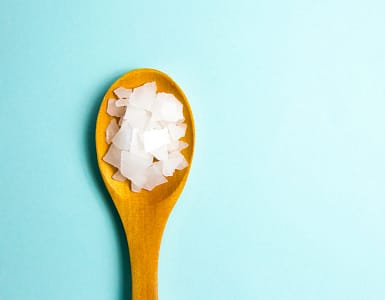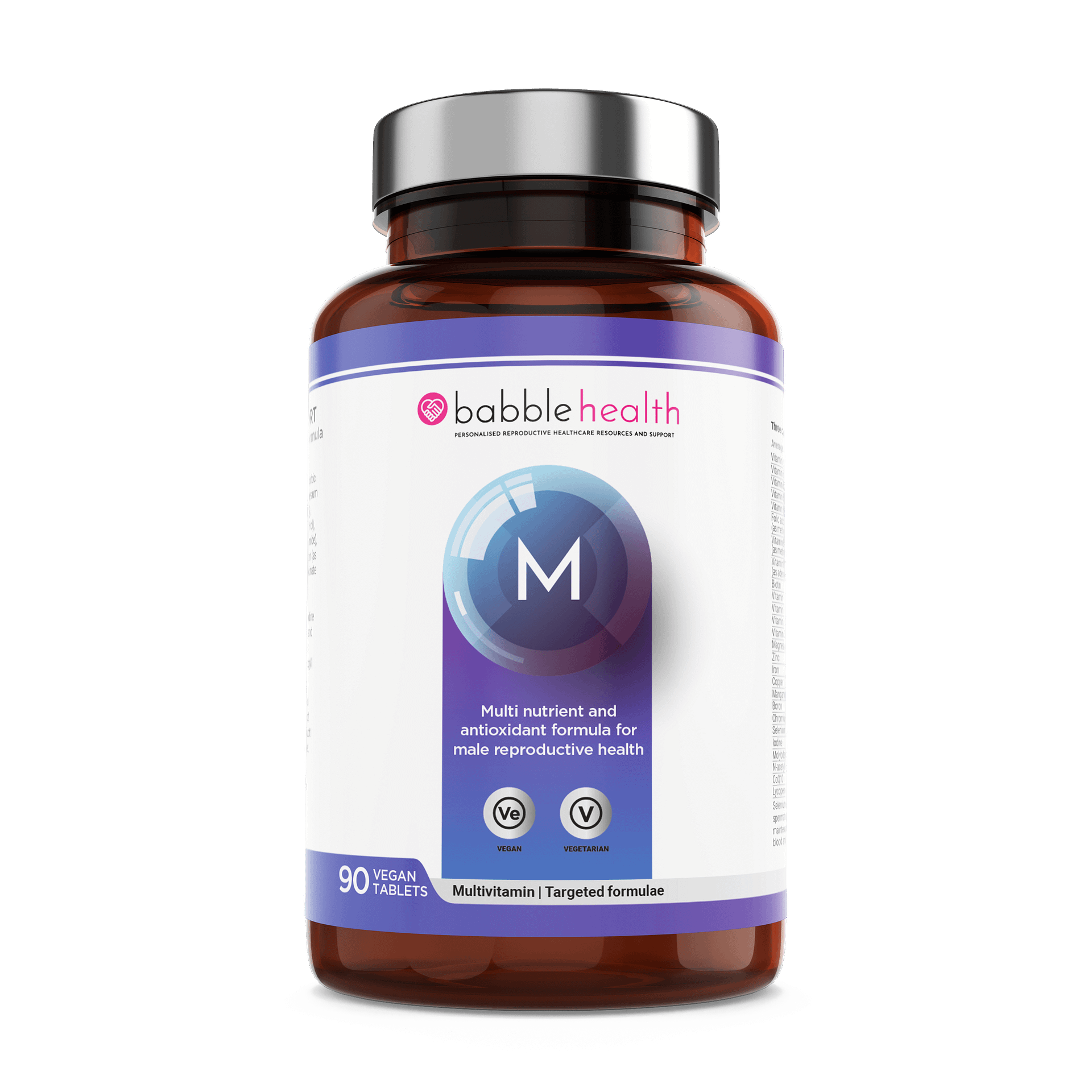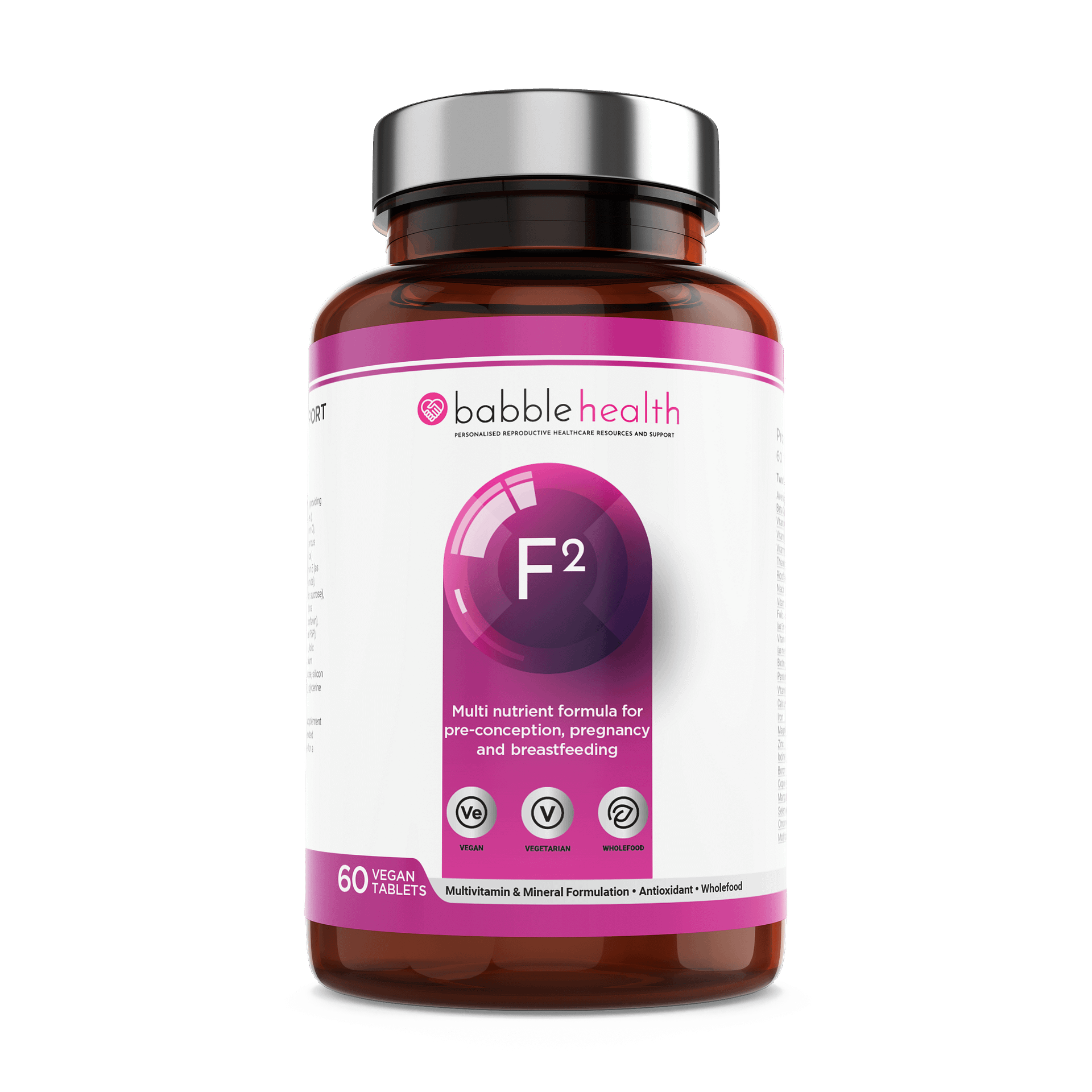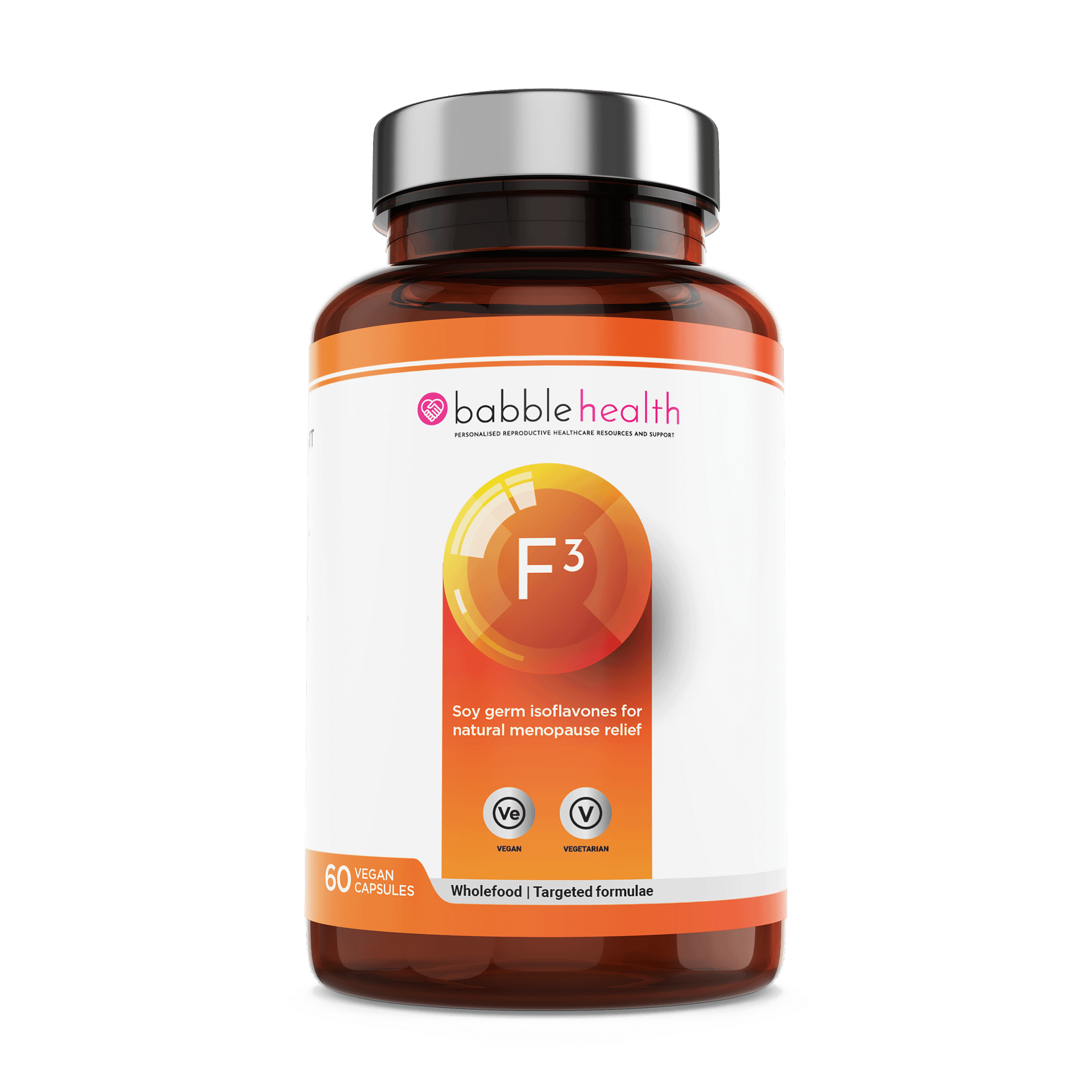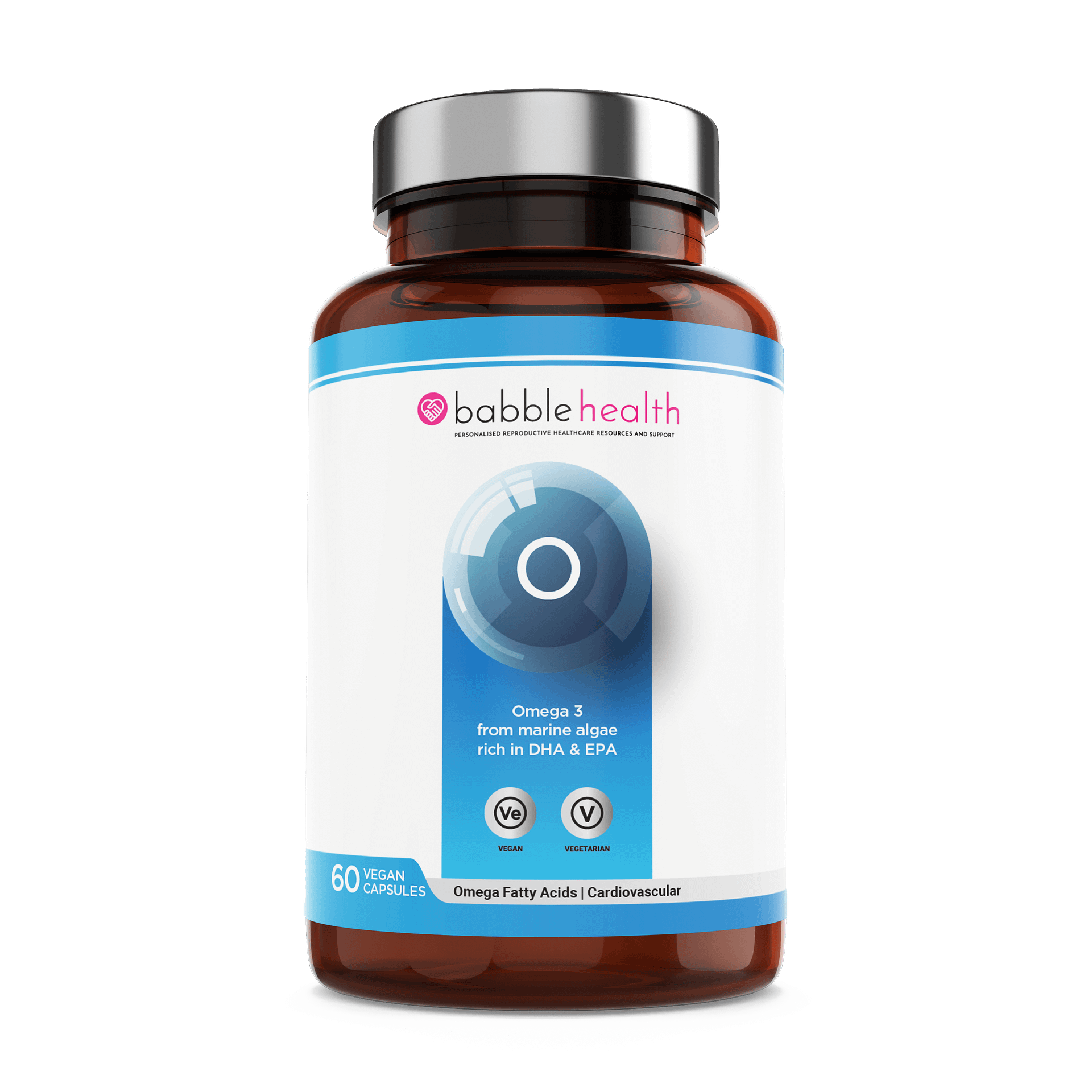By Sue Bedford (MSc Nutritional Therapy)
Many people often know the names of vitamins and minerals but don’t know what they do in the body or which foods contain them. Over the coming weeks we are going to look at some of the key vitamins and minerals in a little more depth, which foods contain them and why they are needed for general health and fertility
What is vitamin A?
Vitamin A is a fat -soluble vitamin and in the natural form is known as retinol. Retinol is found mainly in animal products and is metabolised more efficiently by the body if consumed with oil, fat or protein in the same meal.
What is Beta carotene? …this can cause a lot of confusion!
Beta carotene, also called ‘plant’ vitamin A, is a carotenoid, which is converted into vitamin A by our livers. Beta carotene is generally considered to be safer than retinol which is fat soluble. Carotenoids are pigments that give plants their colour. Beta carotene is a good antioxidant.
Which foods provide use with vitamin A?
Of retinol : cheese, butter, liver, fish liver oils, eggs, yoghurt and meat.
Of beta carotene: orange /yellow coloured vegetables and fruit such as apricots, sweet potato, carrots, butternut squash, spinach, kale, mango, cantaloupe, parsley.
Why is it needed by the body?
To support the immune system
For healthy eyesight (to help prevent night-blindness)
For healthy skin and mucous membranes
For normal bone growth
To maintain a healthy gut lining
What can cause a deficiency in Vitamin A?
Poor conversion from beta-carotene
Underactive thyroid
Low fat intake (from following a low -fat diet)
Lack of zinc (vitamin A and zinc work together)
High alcohol consumption
Why is it important for fertility?
Vitamin A helps to keep the tissues in the reproductive system healthy, along with ensuring the normal growth and development of embryos during pregnancy. It also helps with tissue repair in the mother after birth has taken place.
Important note: When trying to conceive it is important to avoid consuming too much vitamin A in the Retinol form – as this may increase the risk of birth defects – this is why it is best to avoid pate and liver products pre-conceptually. If you are unsure ask your health care provider such as GP or Qualified Nutritional Therapist/Dietician
How much vitamin A does an adult require daily?
This needs to be considered on an individual basis but the recommended amount of vitamin A for adults aged 19 to 64 is: 700 µg a day for men and 600 µg a day for women.
Did you know
One medium carrot or a jacket potato (sweet) provides all of the vitamin A that an adult needs for one day as they are rich in beta carotene.


